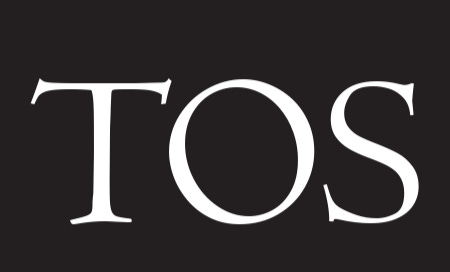From the Editor, Summer 2007
Honoring Sacrifice: Reflecting on War, Policy, and the Value of American Lives
Welcome to the Summer issue of The Objective Standard. I find myself writing this brief note on Memorial Day, the holiday dedicated to remembering American soldiers who have lost their lives in defense of American interests (or the supposition thereof). This somber day is made all the more somber by the fact that Americans have learned so little from th…
Keep reading with a 7-day free trial
Subscribe to The Objective Standard to keep reading this post and get 7 days of free access to the full post archives.




